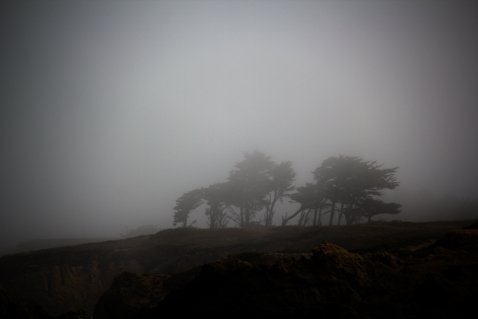Battle fatigue
/We waited for seven months after George’s death before we started to try and get pregnant again. It felt much too soon to me at the time, as if by trying to have another child we were somehow betraying our firstborn. If not for fear of the encroaching title of ADVANCED MATERNAL AGE I probably would have insisted upon waiting longer. Fear can be powerful motivation.
If someone had offered me the option of a medically induced coma for the duration of my subsequent pregnancy I would have given it serious consideration. It wasn’t just the emotional aspect of another pregnancy after a loss and all its possible complications that gave me pause but also the pure physicality of it. My pregnancy with George was brutal even before things went sideways. Hyperemesis lasted for nearly twenty-three weeks and then, one week after it resolved, I was in the hospital being pumped with enough cardiac medication to make me long for the days of vomiting only every hour. Of course, then there were the IVs and the constant blood draws and the headaches and the jabs to my stomach with epidural needles. By the time I went in for the emergency C-section to deliver our boy I was nearly fifteen pounds lighter than I was before I got pregnant.
As it turned out I survived the next pregnancy with most of my sanity intact by doing my best impression of an ostrich. I simply pretended, as long as I could, that none of it was happening. I assumed that my state of pregnancy was a temporary one and went about my life as if everything was the same as before. All of those things pregnant people are supposed to do like glow and beam and make plans for nurseries and have baby showers I did none of. What I did do was take my prenatal vitamin every day, avoided the laundry list of foods and drugs that I was supposed to and I continued to grieve the loss of my son.
Everyday I was pregnant I fully expected it to be the last. But somehow my luck held out and after 277 days I gave birth to a living, breathing baby girl. The moment I held her for the first time the uncertainty of those previous 277 days became completely insignificant. It all seemed worth it. I would have chosen to do it all again for twice as long in a single heartbeat. Perspective is everything and if fear is a powerful motivator than love even more so.
Eighteen months after she was born we looked at our daughter, growing up at the speed of light, and thought that it was time to do it all over again. She needed a sibling and we needed another baby. So we took another deep breath, crossed our fingers, and with eyes wide open made that leap of faith.
It did not come as a shock to me when a few months ago, at 12 weeks, I had a miscarriage. A routine office visit and an absent heartbeat, it was a scenario I had envisioned happening many times in the years since George’s death. Then, just last week, a variation of the same story; positive pregnancy test followed by spotting and then heavy bleeding. An early miscarriage, they say. Part of me, the part that will be forever in that hospital room holding the still body of my son, will always expect the worst and be surprised when anything other than that happens.

I could rail against the unfairness of it all or shake an angry fist at the universe. Lord knows I did all that when George died. I wailed and screamed and cried until I thought I would shrivel into a dried husk. It was what I needed at the time. To be angry and indignant was important.
It has been three and a half years since I began this journey and it has been a battle the entire time. Four pregnancies later here I am with one son gone away and one amazingly thriving daughter who is currently singing a song about boats. I don’t feel angry or indignant anymore. I recognize how lucky I am to have made it this far with one living child. Yet I still long for another baby and somtimes even dare to dream about a son. But I’ve grown weary of the battle and wonder when is it time to finally stop fighting. Is it now?
If you have had more than one loss in what ways has it affected you differently than your first loss? Was your reaction to it as you expected? What is/has been your motivation for trying to have another child? Have you made the decision to not try or to stop trying? How did you come to that decision?


